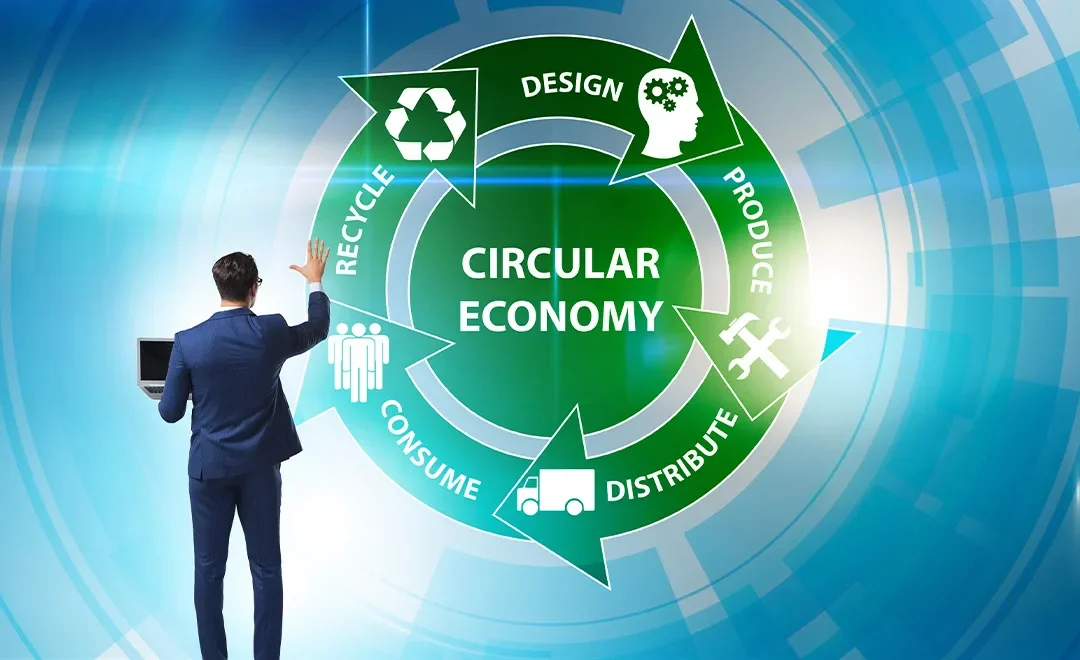Government blocks stricter EU regulations, favouring economic interests over sustainability efforts.
Germany’s “traffic light” coalition, composed of the Social Democrats (SPD), the Free Democrats (FDP), and the Greens, is under fire for hindering progress on EU-wide “Right to Repair” initiatives. The Open Knowledge Foundation Germany reports that the country has consistently advocated for weaker regulations on warranties and repair services, prioritising economic interests over sustainability goals. This stance contrasts sharply with France, which has introduced repairability scores for products, requiring manufacturers to provide spare parts for up to 10 years. France has also incentivised repairs through other sustainability measures, making it a leader in Europe.
 Other EU countries have taken significant steps. Sweden offers tax breaks on repairs, encouraging consumers to fix items instead of replacing them. Austria’s national repair bonus reimburses a portion of repair costs for consumers, helping to reduce electronic waste. The UK has implemented a limited “Right to Repair” law, requiring manufacturers to provide spare parts for household appliances like washing machines and refrigerators. However, it has faced criticism for excluding key items like smartphones and laptops, which are often discarded when broken.
Other EU countries have taken significant steps. Sweden offers tax breaks on repairs, encouraging consumers to fix items instead of replacing them. Austria’s national repair bonus reimburses a portion of repair costs for consumers, helping to reduce electronic waste. The UK has implemented a limited “Right to Repair” law, requiring manufacturers to provide spare parts for household appliances like washing machines and refrigerators. However, it has faced criticism for excluding key items like smartphones and laptops, which are often discarded when broken.
In an analysis published in October 2024, Right to Repair Europe and iFixit highlighted that while progress has been made, key policy gaps remain in the EU. These include inconsistent repair options across product categories, insufficient incentives for manufacturers to provide affordable spare parts, and uneven enforcement across member states. Right to Repair Europe called for stronger legislation to make repair services affordable and accessible for a wider range of products, not just household appliances.
Germany’s actions have reportedly delayed stronger EU reforms that would significantly reduce electronic waste and make repairs more accessible and competitive. Critics argue that Berlin’s stance undermines the European Union’s broader circular economy goals, calling for clearer, stronger regulations that promote affordable and sustainable repair practices.
As other EU nations move forward with ambitious repair policies, Germany’s position highlights a growing divide between economic interests and sustainability within Europe’s largest economy, leaving many to question its long-term environmental commitments.




















